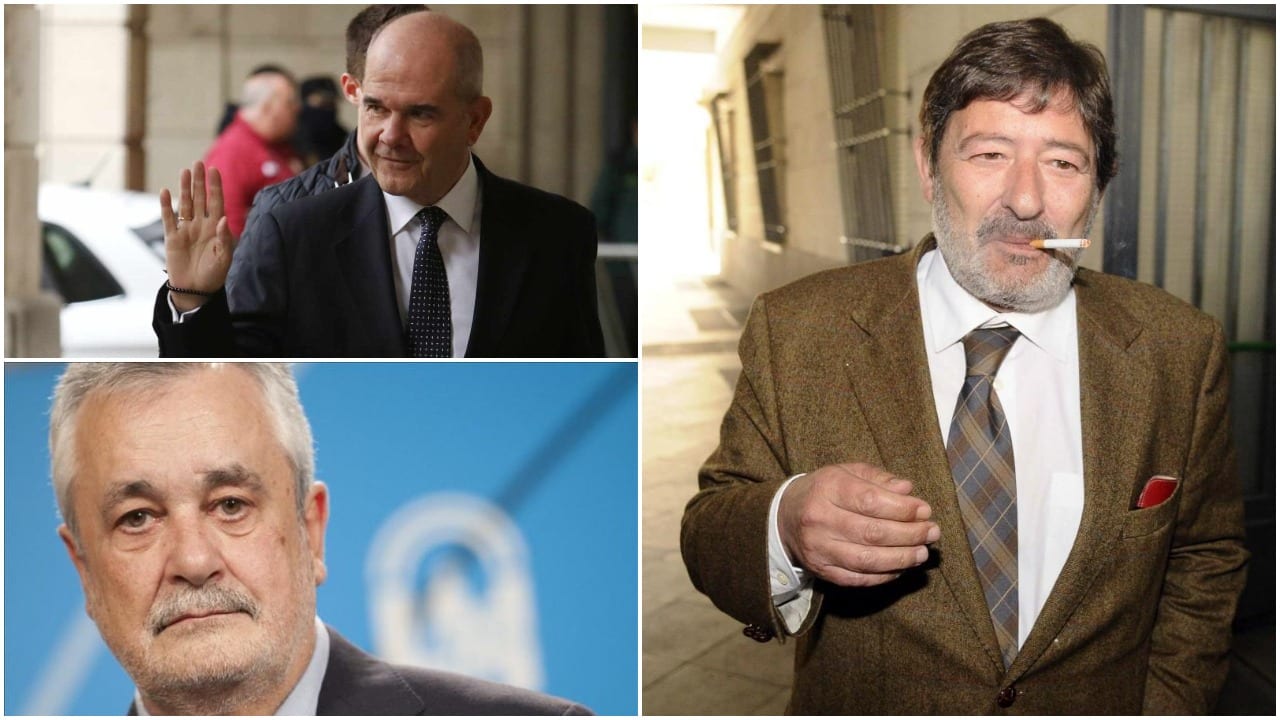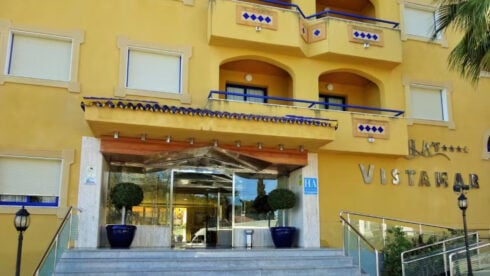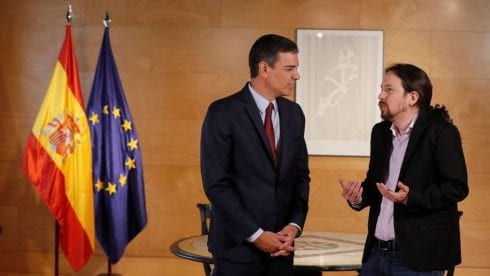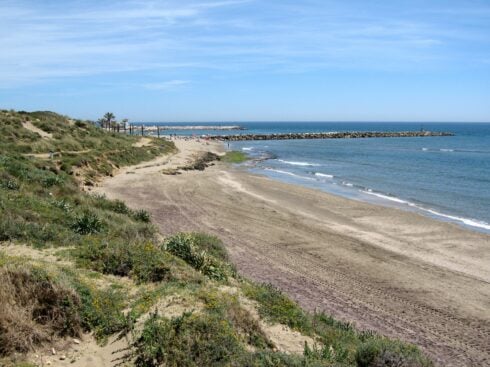IT is the biggest public money scandal in Spanish history, estimated at nearly €1 billion.
Now, finally, two former Andalucia leaders are heading to prison and banned from office for their links to the disgraceful ERE scandal.
Ex-Junta president Jose Antonio Grinan has been sentenced to six years jail and banned from office for 15 years, while predecessor Manuel Chaves has been banned from office for nine years.
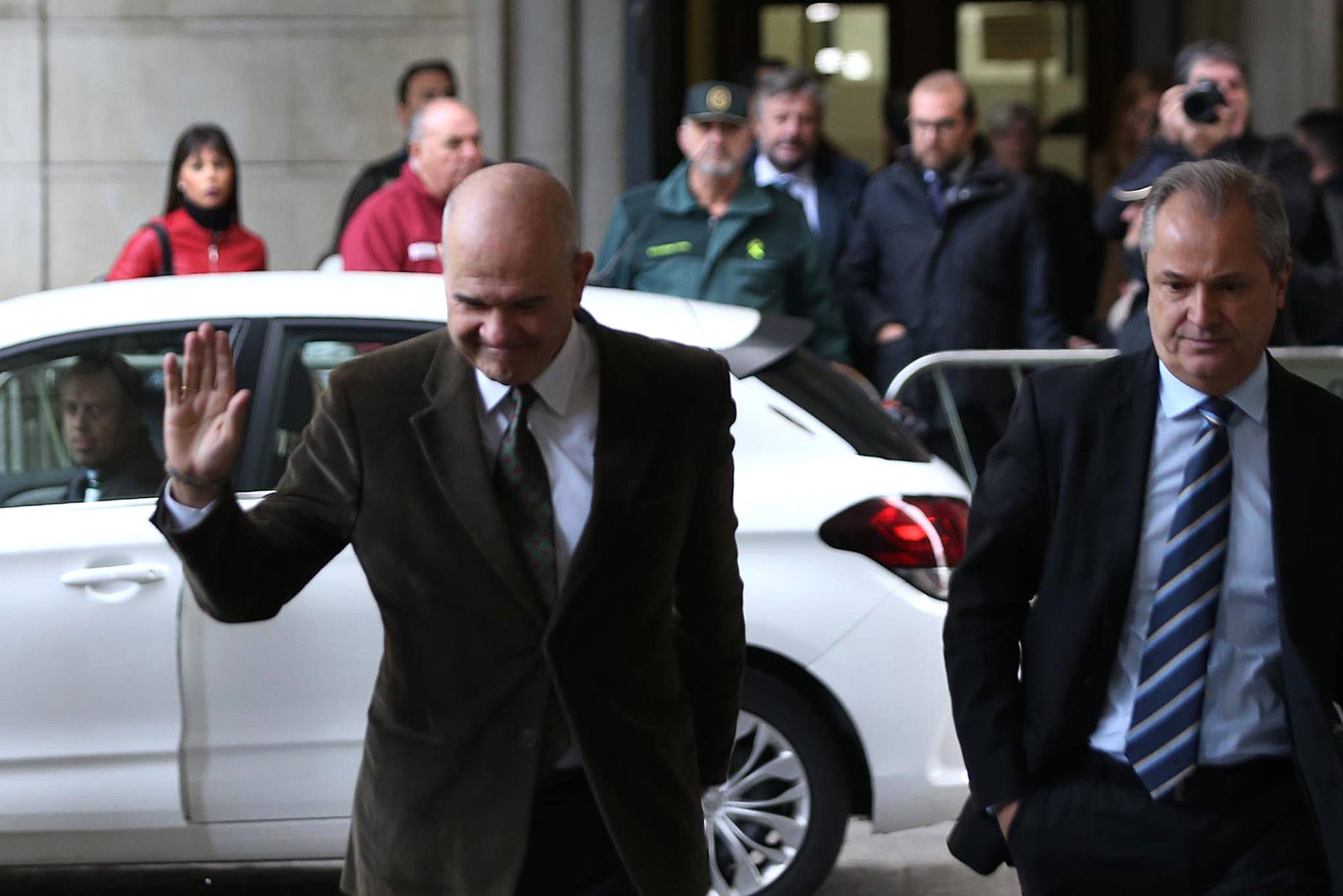
The pair oversaw the scheme, which saw the shocking theft of at least €680 million – dubbed the ‘Reptile fund’ – meant to go to companies in trouble and to stimulate employment.
A further 17 politicians and businessmen who worked with the Junta received a total of 86 years in prison between them, a Sevilla court has ruled.
This included eight years for former Employment minister Javier Guerrero, who helped set up the scheme which embezzled the money from 2000 to 2009.
The bent politician was particularly guilty having set up two bogus companies with his former driver – dubbed the ‘Cocaine Chauffeur’ – defrauding over €700,000 between them.
The pair are said to have spent much of their afternoons spending the money taking cocaine with prostitutes at brothels near Sevilla.
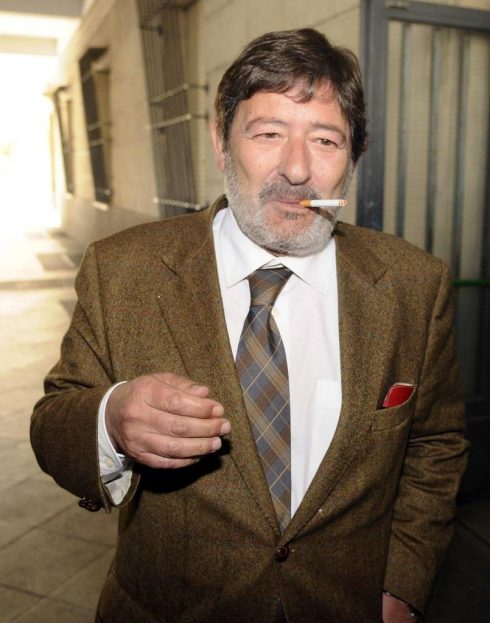
The final 1,700-page report, issued by a panel of judges, announced that 13 of those accused received six to eight years in prison while all have been banned from public office for at least 10 years.
A further three, José Antonio Viera, Francisco Vallejo and Carmen Martínez-Aguayo were also ministers.
In a major embarrassment for the PSOE party, Chaves and Grinan led the Junta for a combined 23 years, two thirds of the regional parliament’s history.
The pair had been icons of the party, while Chaves went on to become a Minister in both the Spanish governments of Felipe Gonzalez and Jose Luis Zapatero.
Both socialist activists from their teenage years, they had overseen the set up of the €855 million slush fund, intended for retired and unemployed workers and struggling companies.
Under Chaves’s presidency between 2001 and 2008, more than €576 million was diverted into the fund.
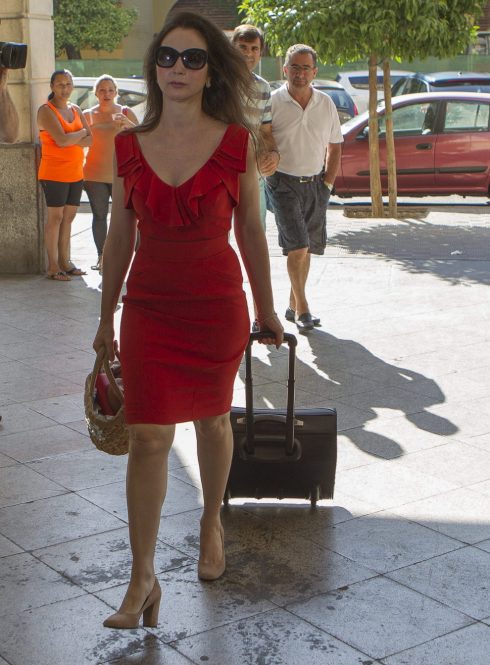
It is now nine years since judge Mercedes Alaya first began investigating the more than 200 companies and dozens of politicians in the scandal that rocked Andalucia.
A total of 507 people were investigated by a series of investigating judges, who looked into an amazing 146 separate probes.
The scandal is named after the so-called ‘expediente de regulacion de empleo’, or ERE, which means a collective dismissal procedure for companies in trouble, which need to downsize.
Hundreds of illegal ERE payments were made to allegedly struggling firms to make severance payments to laid-off workers, many who didn’t exist, the probe discovered.
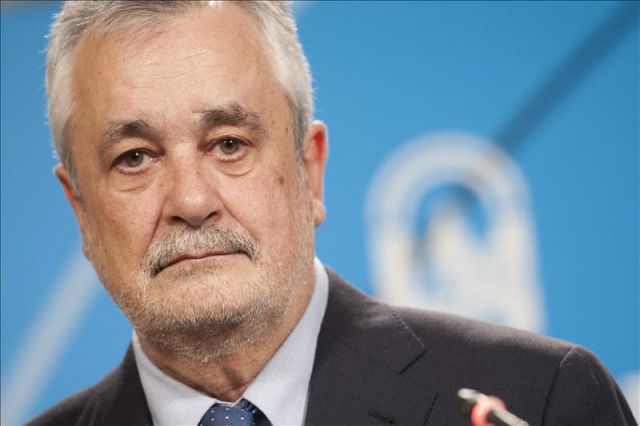
Millions were handed out to companies and friends via grants which prosecutors described as ‘totally opaque’.
The Olive Press first revealed details of the ERE scandal in 2015, about how it was believed that a total of €1.3 billion had been embezzled by corrupt officials over a 12-year period.
In a front page report in May, that year, we revealed how 16 politicians at the employment ministry were behind the scheme.
But, more damningly, former president Chavez was warned about the fund as long ago as 2004 by a union complaining about bogus redundancy payments to miners in Huelva who did not exist.
In a letter published in national newspaper El Mundo, that year, the group complained that these people had ‘not been near the mine, neither inside or outside’.
Click here to read more News from The Olive Press.

